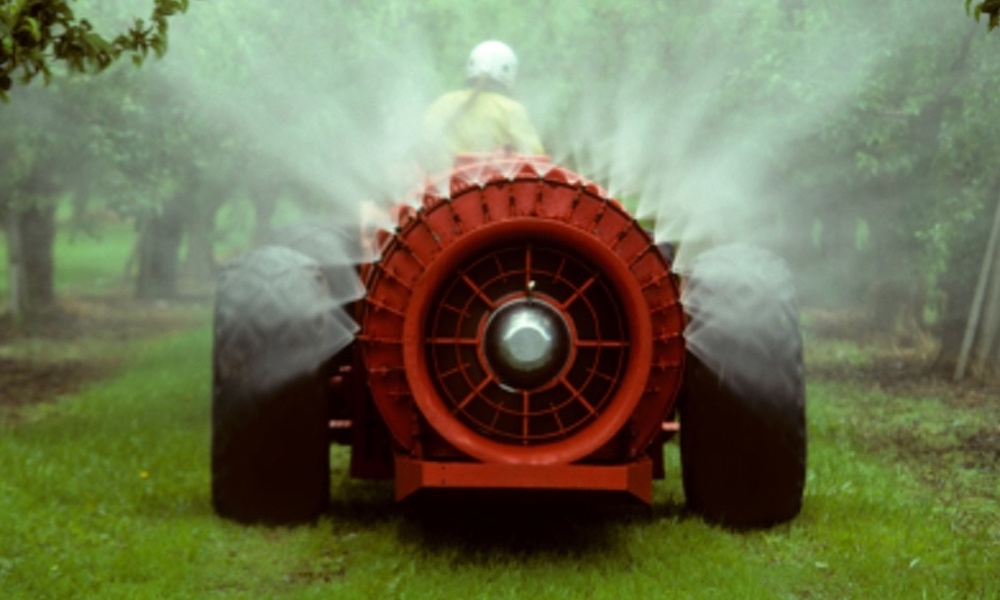Pollution was responsible for 16 percent of all deaths worldwide in 2015. That's 15 times the number of people who died from wars and violence and three times more than deaths from AIDS, malaria and tuberculosis combined.
This grim litany comes from a report issued by the Lancet Commission on pollution and health, but it also offers hope by explaining in detail how to stop the damage. It all boils down to taking pollution much more seriously than we — individuals, corporations and governments — have been.
Most of these deaths (92 percent) occur in low- and middle-income countries. The toll is greatest in poor and marginalized communities. Children face the highest risks of death from pollutants because of their small size and rapidly developing nervous systems, sometimes facing pollution's damaging effects even before they are born.Children face the highest risk of death from pollutants — sometimes facing pollution's damaging effects even before they are born.
The report emphasizes that both laws charging the polluter for violations and an end to subsidies and tax breaks for polluting industries are necessary parts of successful pollution control programs.
Government leaders, the report says, from mayors to heads of state, must also start taking pollution more seriously, and not merely consider it a necessary byproduct of development. That also means not electing candidates who do not recognize the long-term threat pollution poses.
“The key societal underpinnings for successful pollution control at any level of development include courageous and visionary leadership by heads of government--mayors, governors, and heads of state--along with an engaged, informed, and empowered civil society,” the Commission writes.
Researchers also must begin to take pollution more seriously. One place to start might be with the 140,000 commercial chemicals and pesticides that have never been adequately tested for safety or toxicity.





